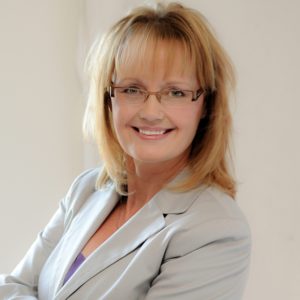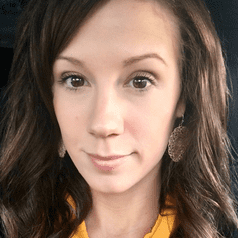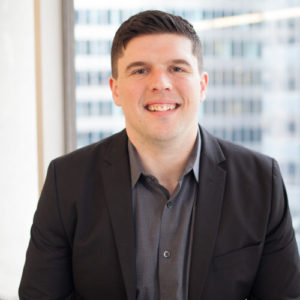Technology for seniors gets national attention
With the number of seniors in the U.S. expected to reach more than 85 million by 2050, technology companies are beginning to focus on developing products suited for that burgeoning market.
In a recent segment on PBS's NewsHour, correspondent Cat Wise interviewed a number of entreprenuers whose startup companies are designing products or offering services to improve the lives of older adults.
Among those interviewed was David Glickman, co-founder of Lively, a company that produces motion sensors that wirelessly transmit information to a Web-based app.
Glickman noted that he, himself, uses this technology to monitor his 81-year-old father. But he also explained how technologists are now approaching the growing needs of a senior population. "People are spending money, meaning families are spending money caring for their adults. And we didn’t see anybody really kind of creating beautiful products, super simple, easy to use, and affordable, using today’s technology, not technology 10 years ago," he said.
Another entrepreneur interviewed on the show was Katy Fike, co-founder of Aging2.0, an organization that brings together and mentors other entrepreneurs under the roof of the Institute on Aging—a Bay Area non-profit senior center. "We wanted to immerse the entrepreneurs in who they’re designing for. We didn’t want them to have to guess about what’s needed or about what would work," Fike said. "You know, there’s all these folks that are really living every single day either as the older adult themselves or the care providers. They know the needs. We just need to pair them with people who know how to make the solutions."
Cindy Kauffman, chief operating officer of the Institute on Aging also noted: "As someone gets older, we have a tendency to do for them. And we have their best interests at heart, but we take away their dignity, we take away their purpose. And so part of what this Aging2.0, and Institute on Aging does is, we get their opinion, and then we have a conversation as to what’s available, what’s not available.
"But it’s really important. I want my opinion to be heard, and it doesn’t change as we get older."
Watch a video of the program segment on PBS.
Related Articles
Topics: Technology & IT











